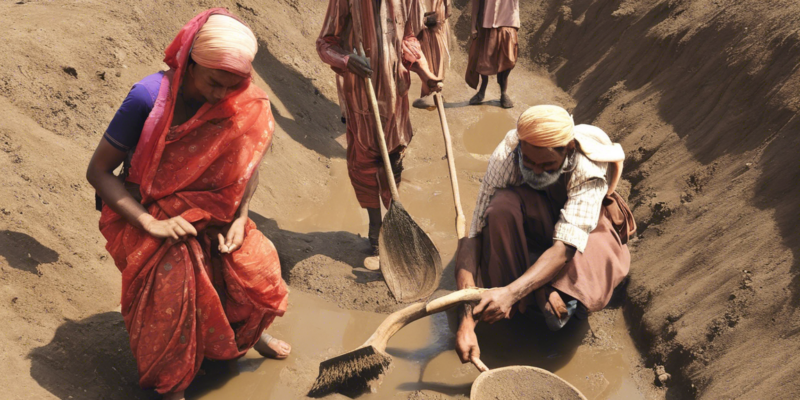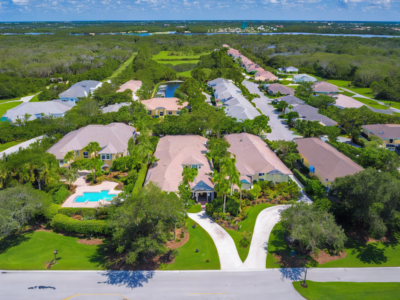Introduction
MGNREGA stands for the Mahatma Gandhi National Rural Employment Guarantee Act, which is a landmark social security scheme enacted by the Indian government in 2005. This act aims to enhance the livelihood security of people in rural areas by guaranteeing 100 days of wage employment in a financial year to every household whose adult members volunteer to do unskilled manual work.
Understanding MGNREGA
Objectives of MGNREGA:
1. Social Security: MGNREGA aims to provide a safety net for the most vulnerable populations in rural India by ensuring minimum days of employment.
2. Rural Development: The program focuses on creating durable assets in rural areas that can contribute to agricultural productivity and infrastructure development.
3. Women Empowerment: MGNREGA encourages the participation of women in the workforce, thereby promoting gender equality and empowerment.
4. Poverty Alleviation: By providing wage employment, the act aims to alleviate poverty and enhance the standard of living in rural communities.
Key Provisions of MGNREGA:
1. Employment Guarantee: The act ensures that registered households are provided with 100 days of wage employment in a financial year.
2. Timely Payment: Workers are entitled to receive their wages within 15 days of completion of work.
3. Transparency and Accountability: MGNREGA promotes transparency by maintaining public records of all works undertaken and funds allocated.
4. Sustainable Development: The act emphasizes the creation of productive and durable assets that benefit the community in the long term.
Implementation of MGNREGA:
Gram Panchayat: The Gram Panchayat is responsible for identifying and planning MGNREGA works in consultation with the community.
Job Cards: Every household willing to participate in MGNREGA is issued a job card that entitles them to apply for work and receive payment.
Work Allocation: The Gram Panchayat allocates work to registered workers based on the demand for labor and the priority of projects.
Wage Rates: The wages provided under MGNREGA are determined by the government and vary from state to state.
Monitoring and Grievance Redressal: Social audits and the MGNREGA helpline ensure that the program is implemented effectively and any grievances are addressed promptly.
Challenges and Way Forward:
Delayed Payments: One of the primary challenges faced by MGNREGA is the delay in wage payments, which can deter workers from participating in the program.
Lack of Awareness: Many eligible beneficiaries are unaware of their rights under MGNREGA, highlighting the need for increased awareness campaigns.
Implementation Issues: Ensuring the effective implementation of MGNREGA at the grassroots level remains a challenge due to factors like corruption and lack of capacity.
Conclusion:
MGNREGA has emerged as a powerful tool for promoting rural development, poverty alleviation, and social security in India. By guaranteeing wage employment to rural households, the act not only provides economic support but also empowers communities and strengthens the rural economy. However, addressing challenges such as delayed payments and implementation issues is crucial to maximizing the impact of MGNREGA and ensuring the well-being of rural populations.
FAQs (Frequently Asked Questions):
- Who is eligible to participate in MGNREGA?
-
Any rural household whose adult members volunteer to do unskilled manual work can register for MGNREGA and avail of the benefits.
-
What kind of works are undertaken under MGNREGA?
-
MGNREGA focuses on activities like water conservation, irrigation, rural connectivity, and agriculture that create durable assets and benefit the community.
-
Are there any provisions for grievance redressal under MGNREGA?
-
Yes, MGNREGA has a grievance redressal mechanism that includes social audits, helplines, and public hearings to address any issues faced by workers.
-
How are wages determined under MGNREGA?
-
The government sets wage rates for MGNREGA work, which vary from state to state based on factors like cost of living and minimum wages.
-
What role do Gram Panchayats play in the implementation of MGNREGA?
- Gram Panchayats are responsible for identifying and planning MGNREGA works, allocating jobs to workers, and ensuring transparency and accountability in the program.








